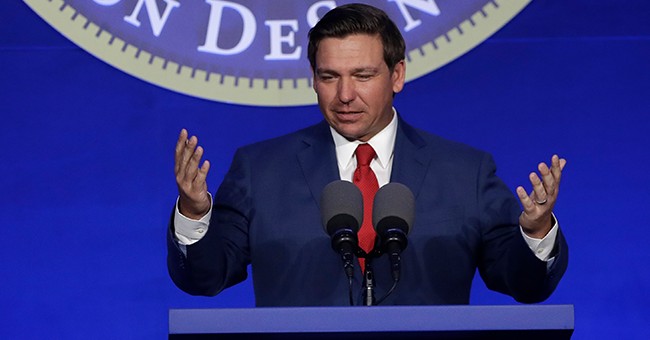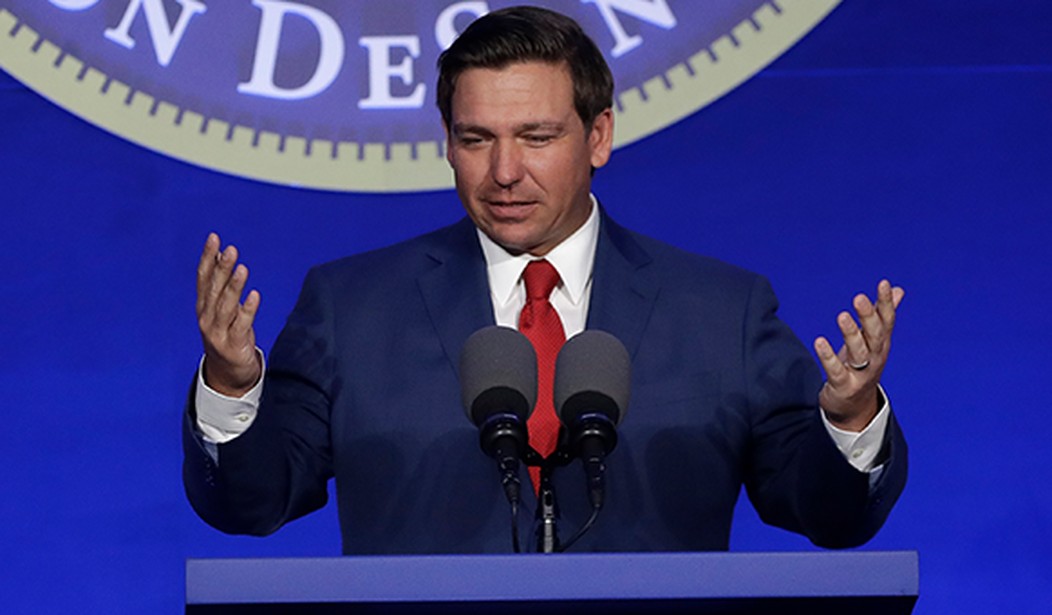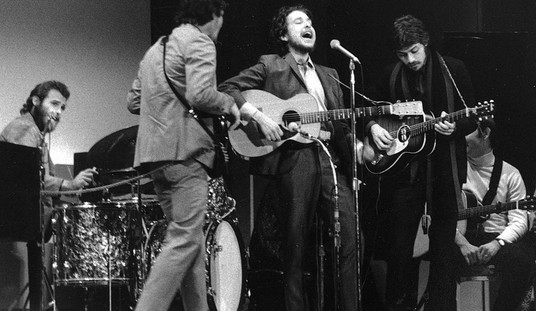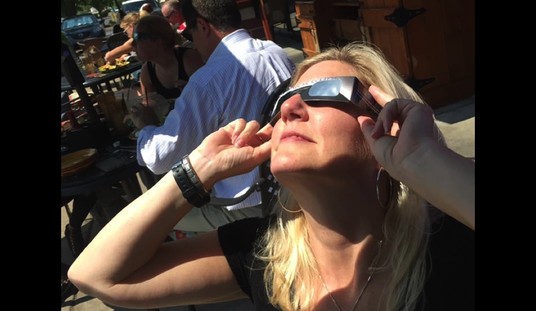
(AP Photo/Lynne Sladky)
The most populated areas of the state are going to be placed under a broader order.
Florida Governor Ron DeSantis (R) today made an announcement regarding policy regarding the Wuhan coronavirus reaction. At a press conference in Northern Dade County outside the stadium for the Miami Dolphins, a site for public virus testing, DeSantis was joined by mayors from the surrounding areas as he made the announcement that he would be signing an executive order soon to declare new stay-at-home directives for the Southeast counties of the state.
While he has initially resisted a statewide order of this nature, this morning DeSantis decided that the counties of Dade (including Miami), Broward (Fort Lauderdale), Monroe (the Florida Keys), and Palm Beach warranted it. The driving force behind this order is that nearly 60% of the coronavirus cases in Florida, now totaling over 4,000, involve residents from these four counties.
Initially, there was a loud concern as DeSantis had initially stated the order would be in place until mid-May. A few hours later, at another press conference in West Palm, the Governor clarified his intention, correcting himself to say he meant the order to be in place until mid-April. While the details of the EO were not made clear, the language used seems to come short of mandatory home restrictions.
DeSantis spoke on how residents will be compelled to avoid public areas, saying that they ‘’should’’ stay home, saying that he was ‘’urging’’ citizens to remain separated. This follows an ongoing struggle the Governor appears to be having in dealing with a constantly shifting set of standards. While he has seemingly been reticent to make too harsh of orders, at the same time he has been forced into taking action. Just yesterday, it was reported that checkpoints on roadways in the northern border areas would be set up to encourage those coming into the state to self-quarantine for 14 days.
Part of the reason for these altering mandates is that Florida contends with compounded challenges. Being the tourist destination that it is, the state encounters a large number of traveling individuals, delivering a tough-to-account-for variable. The other issue is the high percentage of retired residents, those who reside in the highest risk groups for this outbreak.
Now factor in the competing elements of medical wariness and economic reality, and then make things even more difficult with a loud contingent of Democrat voices offering up their conflicting theories on how this crisis should be managed in the Sunshine State. Even Joe Biden has weighed in with his critiques on how things should be handled, with his eye on the near two dozen delegates up for grabs in the presidential election.
This becomes an almost untenable position for DeSantis. No matter what decision he arrives at it is sure to be met with plenty of critical voices.














Join the conversation as a VIP Member